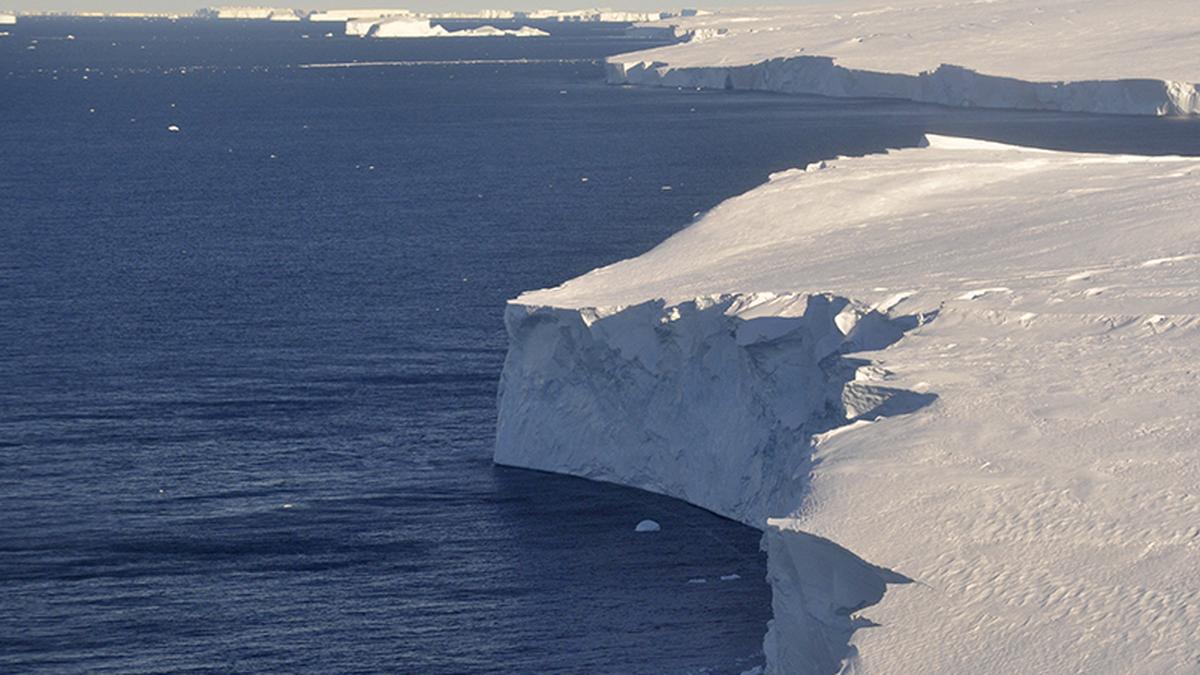Home / Science / China Launches Pioneering Antarctic Drilling Expedition
China Launches Pioneering Antarctic Drilling Expedition
1 Nov
Summary
- China dispatches 42nd Antarctic expedition team
- Plans to conduct first-ever drilling experiments in Antarctic lakes
- Expedition aims to explore continent's evolution and resources

On November 1, 2025, China launched its 42nd Antarctic expedition, sending a team to the coldest continent on Earth with a groundbreaking mission. For the first time, the Chinese expedition will focus on drilling experiments in the continent's deep, subglacial lakes, using domestically developed hot-water and thermal-melting drill systems.
The expedition, led by chief scientist Wei Fuhai, plans to conduct "clean drilling and sampling through ice more than 3,000 metres thick" to explore the unique ecosystem and climate history preserved in these extreme environments. China's growing presence in Antarctica is part of its efforts to "continuously enhance our ability to understand, protect, and utilise" the resource-rich continent, according to Long Wei, deputy director of the Chinese Arctic and Antarctic Administration.
This latest expedition builds on China's steady expansion in Antarctica, which includes opening its first overseas atmospheric monitoring station and establishing a telescope to leverage the continent's pristine conditions for scientific observations. With 70 permanent research stations across Antarctica representing 29 countries, China's drilling mission aims to contribute new insights into the evolution of the ice sheet and its role in global climate change.




